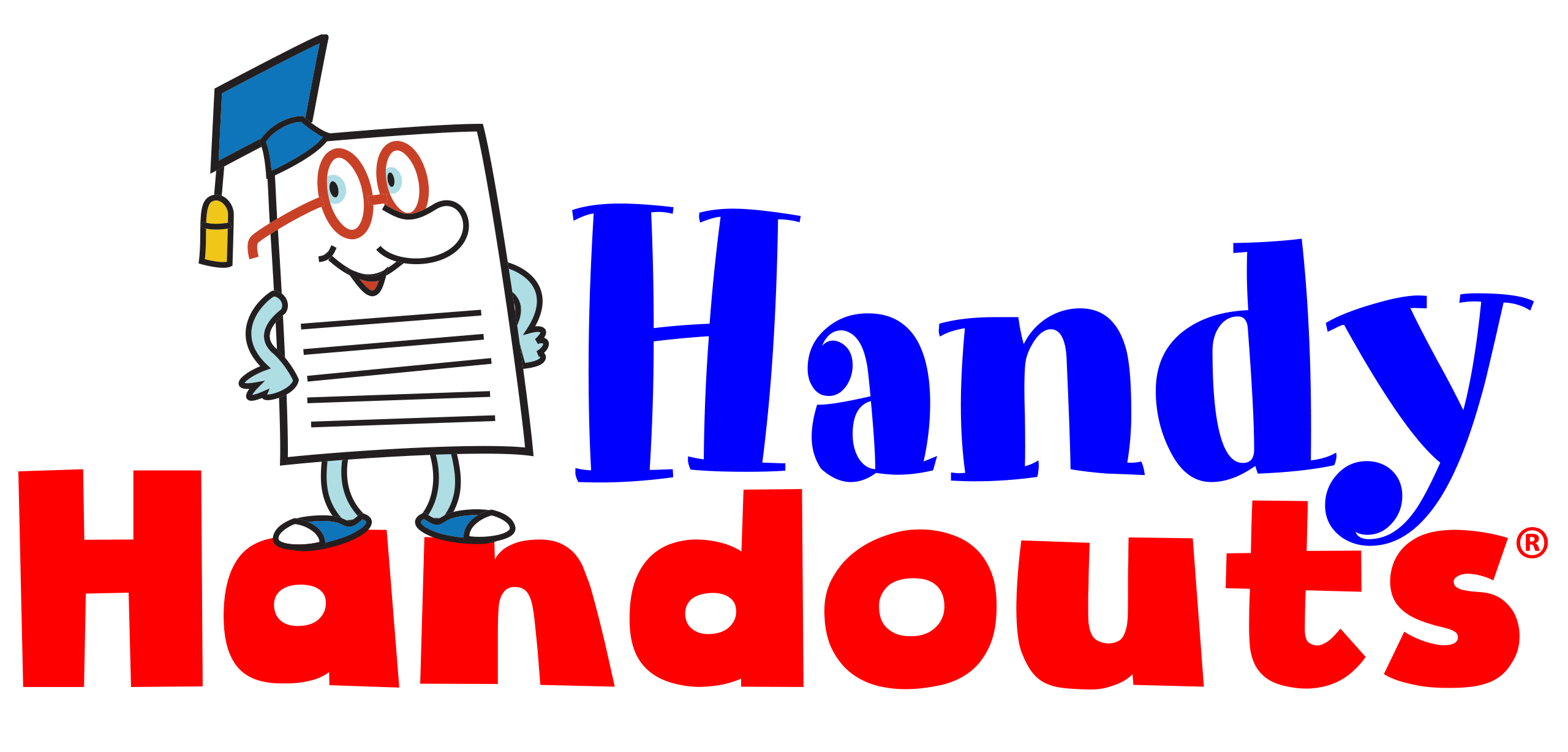by Becky L. Spivey, M.Ed.
The following information, as taken from Language LAB™ by JoAnn Wiechmann, M.A., CCC-SLP; Judy Rudebusch, Ed.D., CCC-SLP; and Nancy Kuhles, M.S., CCC-SLP, provides
an overview of present, past, and future tense verbs.
Regular Present Tense Verbs
Definition
Regular present tense verbs describe a daily event or a repeated action. Regular singular nouns and the pronouns he, she, and it will add –s or –es to the verb. Plural nouns, plural pronouns, and the singular pronouns “I” and “you” will not add
–s or –es.
Examples
- She tells the best stories.
- The phone rings every hour.
- The drummer plays loudly.
|
- My grandparents tell great stories.
- The phones ring every hour.
- The drummers play loudly.
|
Regular Past Tense Verbs
Definition
Regular past tense verbs describe an action that happened or was completed in the past. To form a simple regular past tense verb, add –ed to the regular verb. To form a regular past tense verb of verbs ending in a consonant and –y, change the –y to an “i” and add –ed (dry/dried).
Regular past tense verbs are the same for singular and plural subjects.
Examples
Consonant ending
Consonant and –y ending
Irregular Past Tense Verbs
Definition
An irregular past tense verb is a word that describes an action that happened in the past. Irregular past tense verb forms do not end in –ed. These verbs either keep the same spelling, change letters in the middle of a word, or change completely.
Examples
Verbs that do not change form when referring to a past action.
- Today I cut. Yesterday I cut.
- Today I hit. Yesterday I hit.
|
- Today the sun set. Yesterday the sun set.
- Today I hurt. Yesterday I hurt.
|
Verbs that change completely when referring to a past action.
|
|
|
|
Verbs that change letters in the middle of the word when referring to a past action.
|
|
|
|
Future Tense Verbs
Definition
The future tense helping verb “will” + an action verb describes an action that may happen in the future and forms a simple future tense sentence.
Examples
- Charlie will drive to the store.
- They will sing the song.
|
- The turtle will swim in the river.
- The teacher will give us our books.
|


